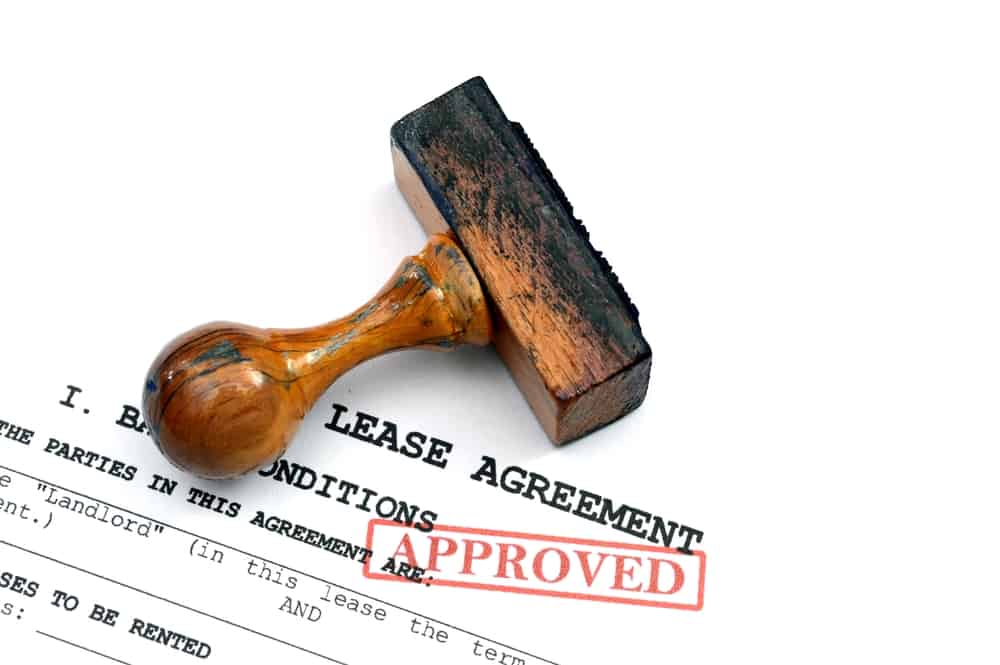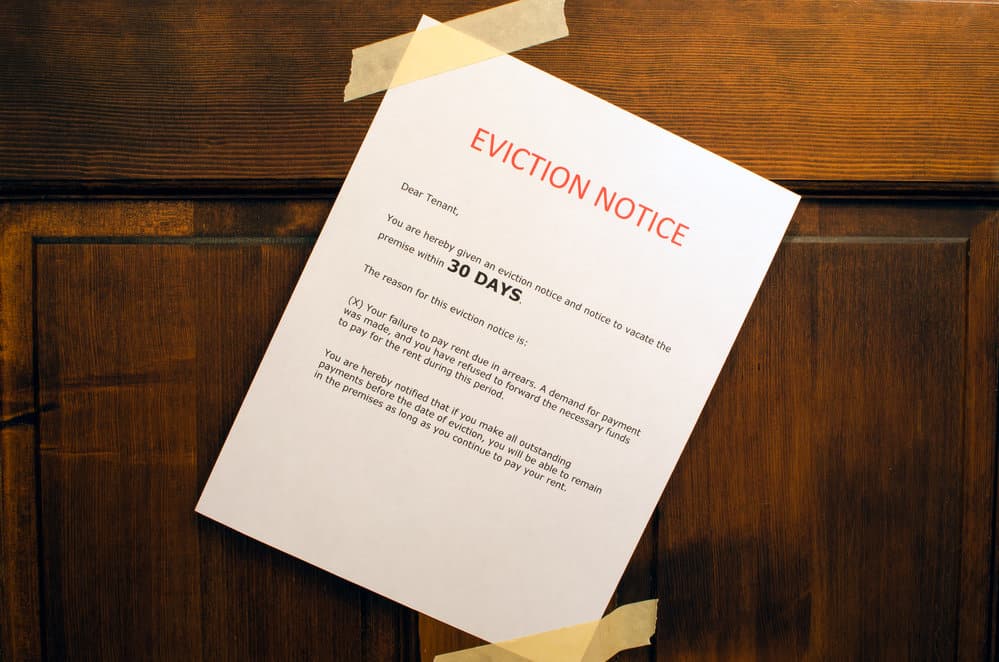All prospective tenants seeking apartment rentals are subject to background screening. During this process, the landlord can gain important information regarding rental history, credit score, and criminal records. Screenings are an important part of the process and should be done by the letter of the law. There are many aspects of tenant background screenings that landlords should be aware of to ensure everything is safe, correct, and legal.
Do: Understand fair housing laws
These laws were put in place to protect individuals based on race, color, sex, family status, disability, religion, and national origin. Any landlord who opts to discriminate against the “Big7” will find themselves in hot water.
Do: Stay FCRA Compliant
Make sure the application is Fair Credit Reporting Act (FCRA) compliant. This means that the applicant’s credit history should be kept private. If the applicant is turned down due to credit history, they will be notified of an “Adverse Reaction Notice.”
Do: Abide by Americans With Disability Act (ADA)
By law, apartments must have units that are accessible for people with disabilities. This means that tenants can have use of trained service dogs. Units that may need additional modifications to meet the tenant’s need must be completed.
Don’t: Ignore past payment history
Past rental history is often a pretty good example of what the present will be. If the tenant was chronically late, they will probably continue to do the same. This goes the same for evictions. If they have a recent one on their record, the landlord will probably have to ask for a higher deposit. In most cases, when evictions are on the record, landlords will require an extra security deposit. This will be refunded when your lease is up and you move out.
Do: Double-check all information
All information should be thoroughly checked. There are many resources that can be used to check employment, credit, and background. Never cut corners on these issues because you can run into many problems down the line.
Don’t: Take criminal background information for granted
This is something that is very important when clients are screened. While some previous transgressions may not be that big, no one wants a violent felon living among their tenants. If this person commits a crime against someone within the complex, the complex will be liable. Some may say everyone deserves a second chance. However, someone with sex crime convictions and violence against women and children should probably be turned down.
Do: Use a good screening system
This is a must. There are several solid screening systems that can recover all information needed such as credit, rental history, evictions, and criminal background. This can save you a lot of time and a big headache. The systems are user-friendly and can get the results you desire in just a few minutes.
When landlords screen applications, they should get reliable information. They should also do everything above board to avoid legal troubles down the line. Sadly, not even passed screenings mean you will have a good tenant. But is the best way of weeding out individuals who are not qualified.



